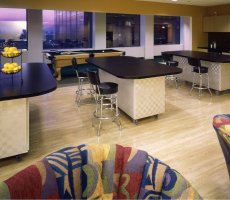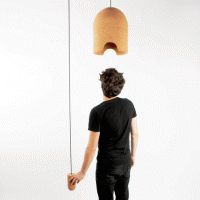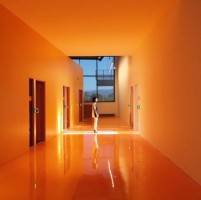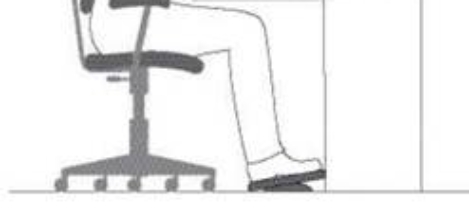April 14, 2015
The workplace as a strategic resource: a real life CEO’s perspective
 Raise your hand if you agree: “The workplace is obviously a strategic resource.” We facilities management professionals know that to be true. But if you often feel like a voice in the wilderness when speaking to anyone other than a fellow workplace professional, you are not alone. For many if not most senior executives, their facilities are a necessary evil that always cost too much. That reality frustrates me as much as it does you. So my colleague Paul Carder and I conducted two extensive research projects in 2012 and 2013 aimed at making the case (mostly to FM professionals themselves) that facilities and workplaces are incredibly strategic – and very poorly understood. And while we’ve gotten a lot of positive feedback about the work, we haven’t seen much change in mindsets, management practices or outcomes.
Raise your hand if you agree: “The workplace is obviously a strategic resource.” We facilities management professionals know that to be true. But if you often feel like a voice in the wilderness when speaking to anyone other than a fellow workplace professional, you are not alone. For many if not most senior executives, their facilities are a necessary evil that always cost too much. That reality frustrates me as much as it does you. So my colleague Paul Carder and I conducted two extensive research projects in 2012 and 2013 aimed at making the case (mostly to FM professionals themselves) that facilities and workplaces are incredibly strategic – and very poorly understood. And while we’ve gotten a lot of positive feedback about the work, we haven’t seen much change in mindsets, management practices or outcomes.



























April 12, 2015
A preview of this year’s Milan International Furniture Fair 0
by Justin Miller • Comment, Events, Furniture, Workplace design
(more…)